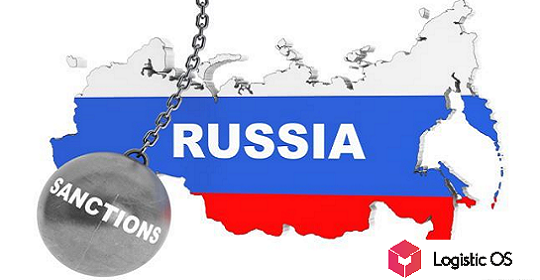From February 2 to April 1 inclusive, its sales abroad are prohibited.
All saltpeter must be sold on the domestic market during this period.
Such a ban was introduced by the Prime Minister of the Russian Federation Mikhail Mishustin.
There is only one main goal — to support Russian farmers, who should start their planned sowing in March, and in some regions, due to the warm winter, it can start even earlier.
Ammonium nitrate is a nitrogen fertilizer. If you save on its introduction, then you can’t wait for a good harvest.
However, the government fears that if no action is taken, there could be a shortage in the domestic Russian market. After all, gas prices, from which nitrogen fertilizers are mainly produced, have skyrocketed — and therefore fertilizers have also grown in price.
As a result, Russian fertilizer producers can make a very big profit by sending them for export now. But only if there is no fertilizer left in the country, the Russians can literally be left without bread.
Manufacturers assure that the ban will end quickly and will not become a source of problems for them.
«This is a temporary measure. The remaining volume can be exported from April 2, when Russian enterprises will receive ammonium nitrate in the required volume, and the demand for it in the domestic market will pass peak levels,” First Deputy Prime Minister Andrey Belousov notes.
How does the fertilizer export quota work?
In addition to the new ban, the export of fertilizers is also regulated by the quota established at the end of last year.
From December 1, 2021 to June 1, 2022, no more than 5.9 million tons of nitrogen fertilizers, as well as 5.35 million tons of complex fertilizers, including nitrogen, can be sold abroad.
Own market comes first
As President of the Russian Federation Vladimir Putin noted, the main task for Russian fertilizer producers is to provide the domestic Russian market, and only then can they export.
Many companies are actively working in this direction: for example, Uralchem has increased the supply of nitrogen fertilizers to the domestic market by 20% over the past 2 years.
In general, according to experts, the introduction of a temporary ban on the export of ammonium nitrate should not violate the plans of producers, but can only push them back in time.
In April, when the sowing campaign will be largely completed, the companies will be able to sell all their remaining volumes within the quota.

